150-megawatt solar energy project to be co-located at aquaculture facility in Taiwan
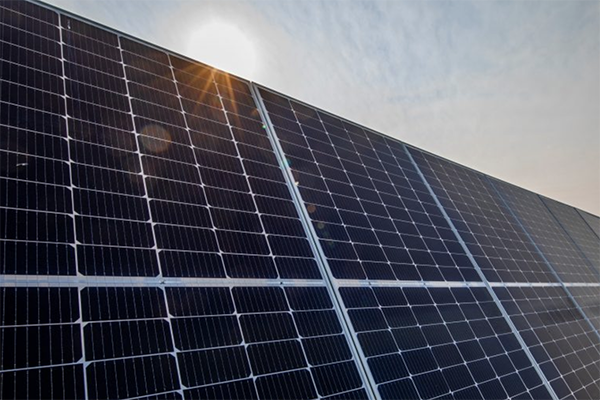
Lightsource bp, a solar energy project developer, is working with Green Rock Energy to collocate a 150-megawatt (MW) solar energy project at an aquaculture facility in Taiwan. The project is Lightsource bp’s first fishery venture and will support the local aquaculture industry while backing Lightsource bp’s target of 25 gigawatts (GW) of solar by 2025.
“Taiwan relies on imports for about 95 percent of its energy, which leaves its energy supply vulnerable to external disruption,” said Nick Boyle, group CEO at Lightsource bp. “This energy challenge, coupled with the need for sustainably generated electricity, makes Taiwan a unique project and we’re thrilled to draw on our global experience and work with Green Rock Energy to step up to the challenge.”
The 150MW Budai project will be one of the largest fishery solar farms in Taiwan, creating an estimated 750 employment opportunities during construction. It’s expected to commence in June 2023, and once constructed, the project will produce 210,000 MWh of renewable electricity a year – enough to power roughly 43,000 homes and save 133,770 metric tons of carbon dioxide emissions annually.
“This deal reflects the innovative ways renewable energy can be deployed to power both industries and communities,” said David Anderson, Lightsource bp’s senior vice president of renewables growth.
The fishery solar project has also been designed to benefit the local environment and community. Throughout the process, Lightsource bp engaged environmental specialists as well as local fishermen to provide expertise and design a project with multiple benefits. These include enabling fishermen to farm on about 200 ponds as well as adding saltwater storage ponds to optimize the water management process for the fish farmers.
Here comes the sun: Oyster and algae growers harness solar power
“In the process of promoting Taiwan to achieve its net-zero emission goal, the industrial chain, public and private sectors, and the public need to join hands to jointly promote the comprehensive transformation of energy, industry, life and society,” said Eugene Chien, ambassador-at-large of Taiwan and chairman of Taiwan Institute for Sustainable Energy. “Among them, the solar energy industry plays a key role in Taiwan’s energy transition process. It is great to see world-class solar companies like Lightsource bp join the ranks of Taiwan’s energy transition and work together to achieve the goal of 20GW of solar energy installations by 2025.”
The move to enter the Taiwanese market comes after Lightsource bp secured a (U.S.) $1.8 billion credit and trade finance facility last year to fuel its global growth strategy of developing 25 GW of solar by 2025. The funding comes from 10 top-tier global financial institutions to fuel its growth ambitions, which include accelerating the deployment of solar worldwide.
“There are a lot of interesting opportunities for solar in Asia and our long-term ambition is to have Europe, Middle East and Africa (EMEA), Americas and an Asia Pacific region,” said Boyle. “We’re excited that through our first East Asian project in Taiwan, we are beginning to build that third leg of the stool.”
Follow the Advocate on Twitter @GSA_Advocate
Now that you've reached the end of the article ...
… please consider supporting GSA’s mission to advance responsible seafood practices through education, advocacy and third-party assurances. The Advocate aims to document the evolution of responsible seafood practices and share the expansive knowledge of our vast network of contributors.
By becoming a Global Seafood Alliance member, you’re ensuring that all of the pre-competitive work we do through member benefits, resources and events can continue. Individual membership costs just $50 a year.
Not a GSA member? Join us.
Author
Tagged With
Related Posts
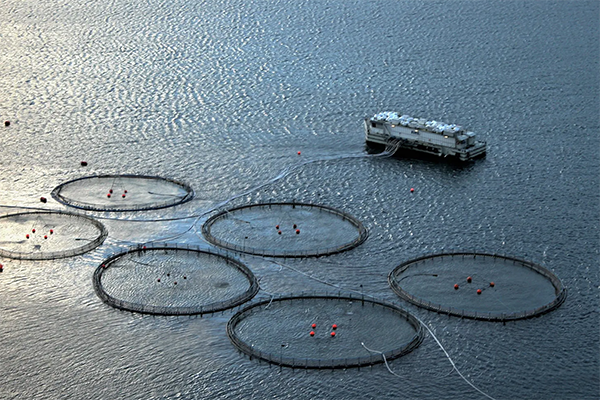
Innovation & Investment
Report: With the right technology, ocean renewable energy can power offshore aquaculture
A new report says ocean renewable energy has the potential to power offshore aquaculture and decrease the environmental impact of operations.
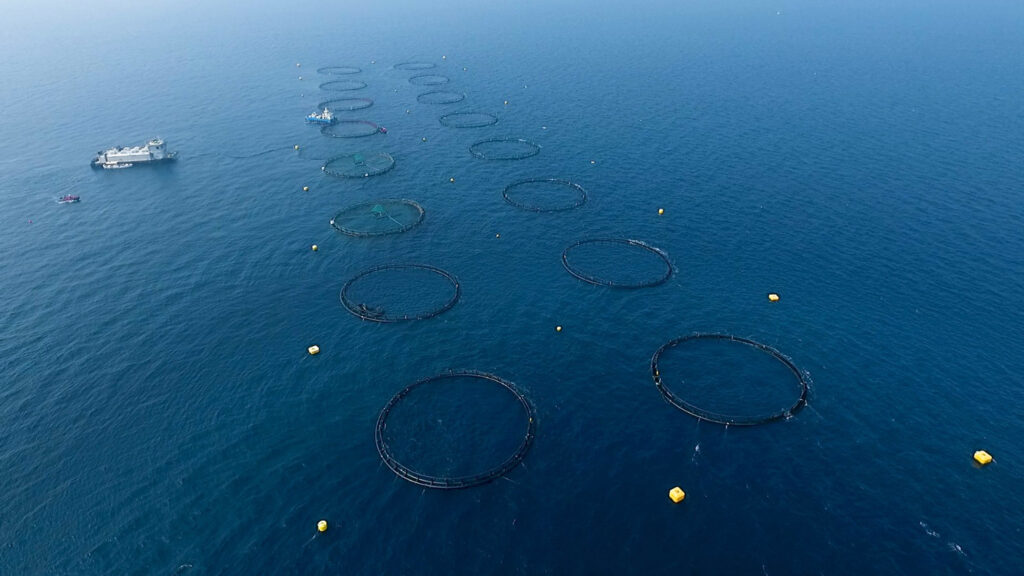
Intelligence
After first harvest, offshore aquaculture venture in Qatar sets fresh ambitions
With a successful sea bass harvest last fall, Qatar’s only offshore aquaculture venture now seeks to double production and diversify into other species.
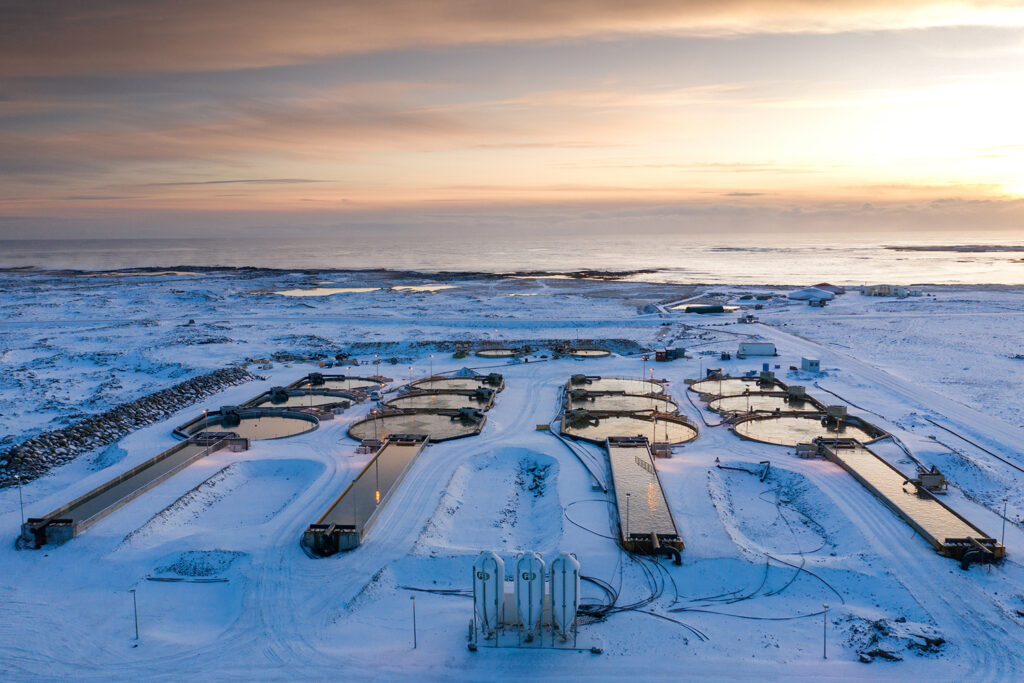
Intelligence
Can aquaculture gain steam from geothermal energy?
China, Iceland and the United States are only just tapping into what could be a growing resource for seafood production: geothermal energy.
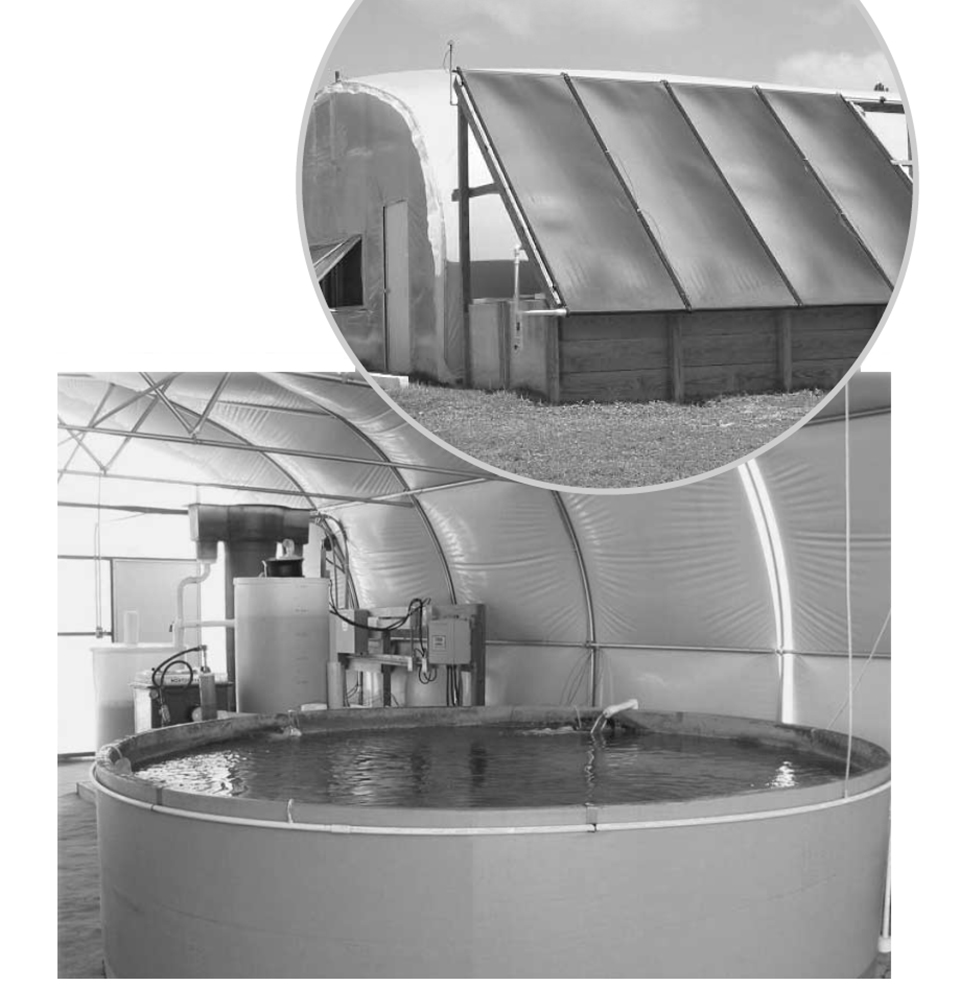
Responsibility
Solar energy technology for aquaculture
Researchers are evaluating whether off-the-shelf flat-plate solar collectors can maintain stable recirculating aquaculture system temperatures.



